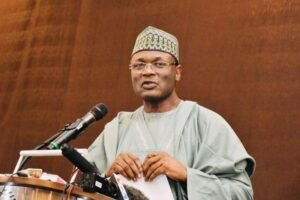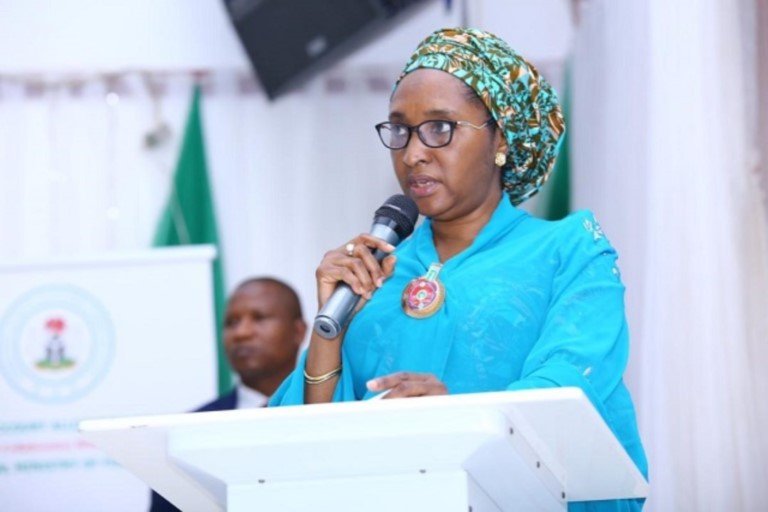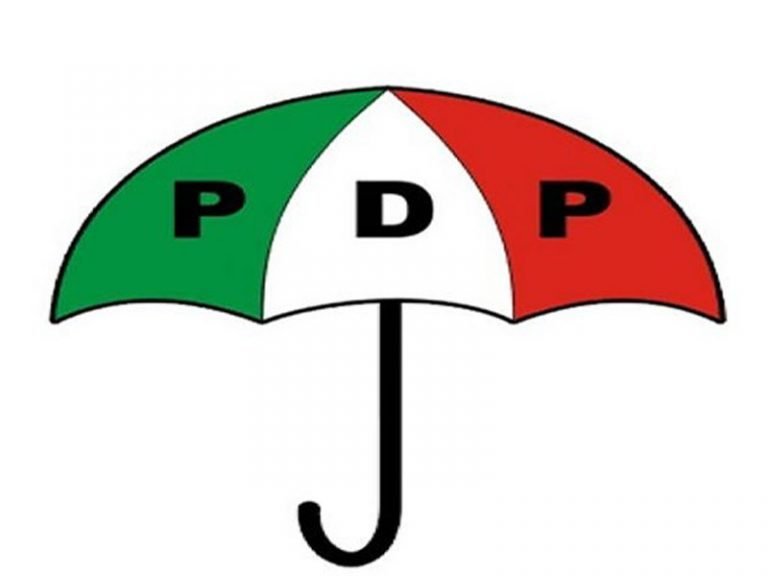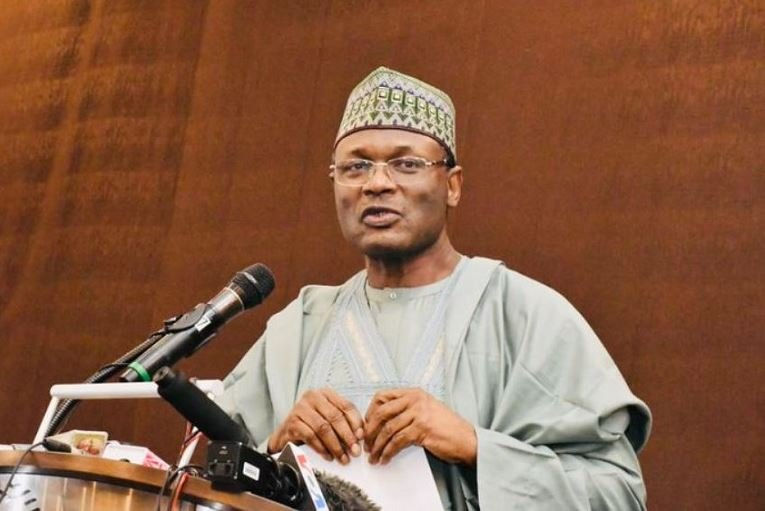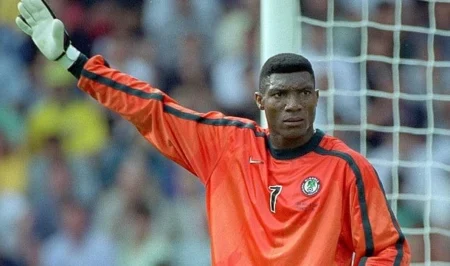Nigeria’s Finance Minister Zainab Ahmed on Wednesday said the country has secured $800 million from the World Bank to expand its National Social Investment Programme (NSIP) ahead of the elimination of its costly but popular petrol subsidies in June.
The programme which was designed to uplift millions of Nigerians consists of N-Power, National Home-Grown School Feeding Programme (NHGSFP), Grant for Vulnerable Groups (GVG), Alternate School Programme (ASP), Government Enterprise and Empowerment Programme (GEEP).
GEEP is a microcredit social intervention scheme which consists of TraderMoni, MarketMoni and FarmerMoni.
This year, Nigeria set aside 3.36 trillion naira ($7.3 billion) for petrol subsidies until mid-2023, after which it has made no provision for the expense, which costs more than it does for healthcare and education.
According to Ahmed, the government is considering cash transfers and mass transit buses for workers to alleviate the impact of subsidy removal on the most vulnerable segment of the population.
She went on to say that the country has registered ten million households, which equates to 50 million vulnerable people.
“Several things are still on plan,” Ahmed told reporters in Abuja after the government’s cabinet meeting.
“Some we can start executing quickly while some are of long-term implementation.”
The World Bank predicted in 2021 that the COVID-19 crisis would push over 11 million Nigerians into poverty by 2022, bringing the total number of poor people in the country to more than 100 million. The total population is estimated to be 200 million people.
On the removal of the subsidy, Ahmed stated that discussions were taking place at various levels of government as well as with members of President-elect Bola Tinubu’s incoming administration.
After removing a fuel subsidy in June, Labour Minister Chris Ngige recommended last week that Tinubu’s new administration give public sector workers pay raises. Tinubu will take over when Buhari steps down in May.

